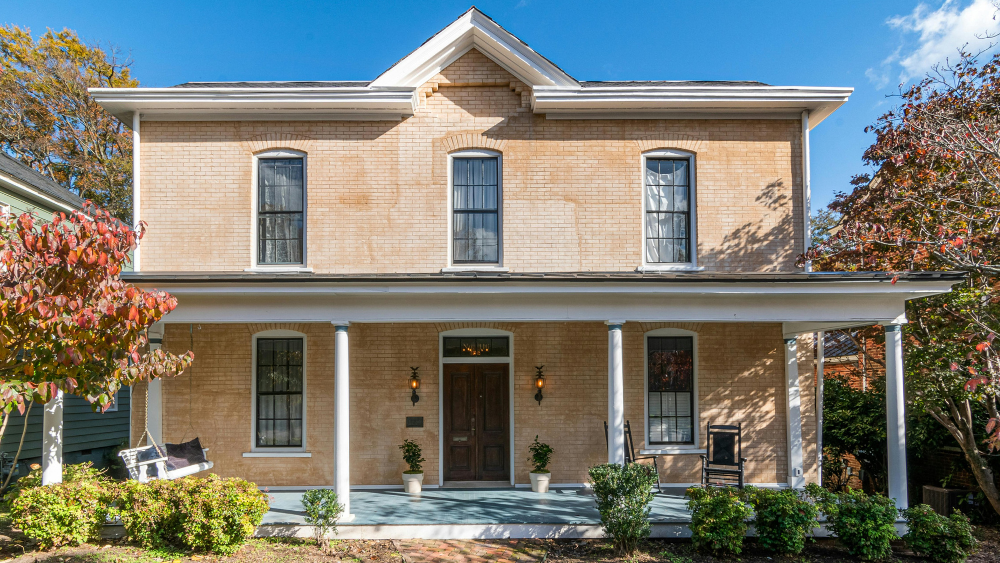
If you are selling an inherited property in Chesapeake, it’s likely you’re trying to balance a sliding scale of emotions, time, and money. You’re probably eager to get a signed purchase agreement from a buyer so you can move forward as quickly as possible. But there is value in pausing and planning so you know your next steps are the best steps for you and your family, says Kelly Hollowell, a top Chesapeake real estate agent with 32 years of experience. “It takes some time to figure out what the family wants to do because there’s often more than one heir.” In this post, Hollowell will provide expert insights on how to sell an inherited house in Chesapeake. She’ll also suggest clear steps and share real-world tips to help you choose which selling path is right for you. Here are the steps to selling an inherited property in Chesapeake, Virginia: Hollowell says most people who inherit a house immediately focus on the condition of the property. But as the new owner, it’s important to fully understand the status of the mortgage. “[New heirs] want to know what needs to be done in order to sell it for top dollar,” she says. “Some of them just want to know the value might be if they sell it as-is.” However, the true value of the property for heirs depends on the equity and the deceased’s outstanding mortgage loan balance. You need to know the cost of the monthly payments, the interest rate, and other existing loan terms. Hollowell recommends putting together a selling plan to ensure you (and any other heirs) have a clear picture of what’s been placed in your possession. You’ll also need to know if your inherited Chesapeake home has any other liens or judgments, such as unpaid state or local taxes, a home equity loan or line of credit (HELOC), or a reverse mortgage. A title search will help to determine the status of the property. If there is any question about whether the title was properly conveyed to you and any other heirs, it’s best to hire an estate planning attorney. They can assist you with legal requirements and filing procedures in Virginia. Even if you know you’ll inherit the Chesapeake property, it may take some time before you legally own it outright. Your ownership timeline can vary depending on how you inherited the house, whether through a probate inheritance, living trust, or a transfer on death deed, sometimes called a beneficiary deed. “You need to be able to go to your county office and to your city office, declare and show proper documentation that you are the executor or if it needs to go to probate,” Hollowell explains. “Figure out who legally has the right to sell the property.” You’ll typically take ownership sooner if you’ve inherited the home through a living trust or life estate deed because no court approval is required. In most cases, a trust will make it easier to sell the house right away. In contrast, probate inheritance — the legal process of distributing a deceased person’s assets and debts to their beneficiaries — is usually much more complicated. This maze of judiciary walls can stretch out the ownership timeline. “Sometimes it can take thirty days; sometimes it can take three or four months or more,” Hollowell says. “It just depends on what your city’s [or country’s] backlog is to take it through and approve the probate.” The length of the probate window you experience will depend on the complexity of the inherited estate. So until you have court confirmation that you are the new rightful owner, hold off on signing a listing contract or marketing the property. You must confirm that you have the right to sell the home.1. Confirm where the mortgage stands
2. Anticipate your ownership timeline



